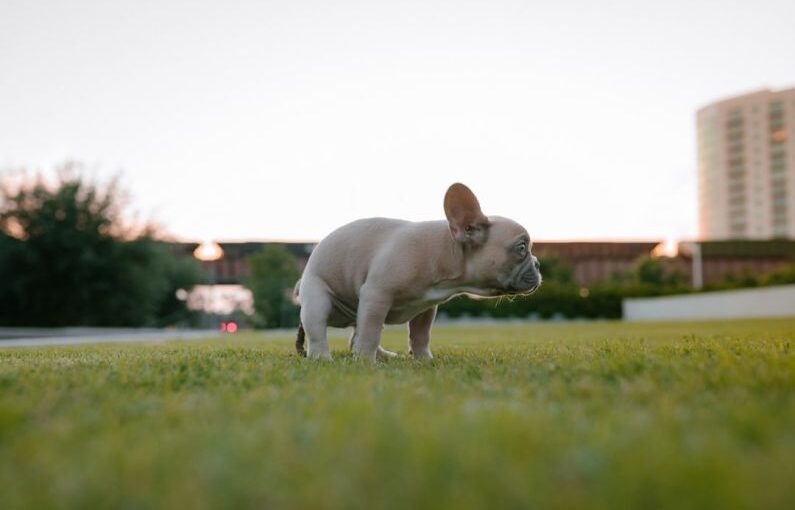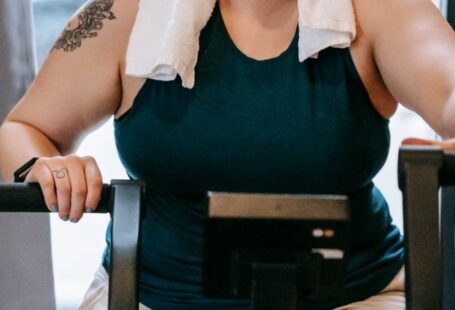Bringing a new puppy into your home is an exciting and rewarding experience. However, one of the challenges that many new puppy owners face is housebreaking. Training your puppy to go potty in the right place can be a frustrating and time-consuming process, but with the right techniques and consistency, you can successfully teach your furry friend where to do their business. Here are some housebreaking tips for the new puppy owner that will help make the process smoother and more manageable.
Understanding Your Puppy’s Schedule
One of the first things to keep in mind when housebreaking your puppy is to understand their schedule. Puppies have small bladders and need to go potty frequently, especially after eating, drinking, playing, or waking up from a nap. By observing your puppy’s behavior and learning their cues, you can anticipate when they need to go outside. Establishing a routine for potty breaks will help your puppy learn where and when they should go.
Consistent Training and Positive Reinforcement
Consistency is key when it comes to housebreaking your puppy. Designate a specific potty area outside where you want your puppy to go and take them to that spot every time they need to relieve themselves. Use a command word or phrase like “go potty” to associate with the action. When your puppy successfully goes in the right place, reward them with praise, treats, or a favorite toy. Positive reinforcement will help your puppy understand that going potty outside is the behavior you want to encourage.
Supervision and Crate Training
Supervision is crucial during the housebreaking process. Keep a close eye on your puppy when they are indoors and watch for signs that they need to go outside. If you can’t supervise your puppy, confine them to a crate or a small, puppy-proofed area to prevent accidents. Dogs are naturally clean animals and are less likely to go potty in their sleeping area, so crate training can help reinforce good potty habits. Make sure the crate is the right size for your puppy to stand up, turn around, and lie down comfortably.
Cleaning Accidents Properly
Accidents are bound to happen during the housebreaking process, so it’s essential to clean them up properly to prevent your puppy from returning to the same spot. Use an enzymatic cleaner specifically designed to eliminate pet odors and stains. Avoid using ammonia-based cleaners, as they can smell similar to urine and may encourage your puppy to go in the same spot again. Thoroughly clean and deodorize any indoor accident areas to help prevent repeat incidents.
Patience and Persistence
Housebreaking takes time and patience, so be prepared for setbacks and accidents along the way. Stay consistent with your training methods and be patient with your puppy as they learn. It’s essential to remain calm and avoid punishing your puppy for accidents, as this can create fear and anxiety. Instead, focus on positive reinforcement and redirecting your puppy to the right potty spot. With persistence and a positive attitude, your puppy will eventually learn the right potty habits.
Tips for Nighttime Housebreaking
Nighttime housebreaking can be challenging, especially since puppies have limited bladder control while they sleep. To help your puppy through the night, limit their water intake a few hours before bedtime and take them outside for a final potty break right before you go to sleep. Consider setting an alarm to take your puppy out during the night if they are not yet able to hold their bladder for an extended period.
In summary,
Housebreaking a new puppy takes time, patience, and consistency. By understanding your puppy’s schedule, using positive reinforcement, supervising them closely, and cleaning accidents properly, you can successfully teach your puppy where to go potty. Remember to be patient and persistent, as housebreaking is a gradual process that requires understanding and guidance. With the right approach and a positive attitude, you can help your puppy develop good potty habits and create a strong bond with your furry companion.





